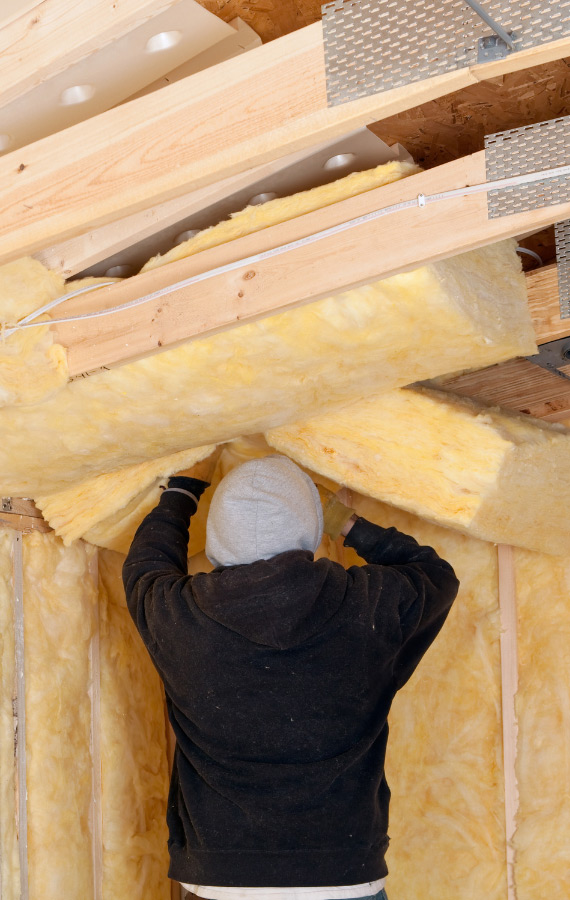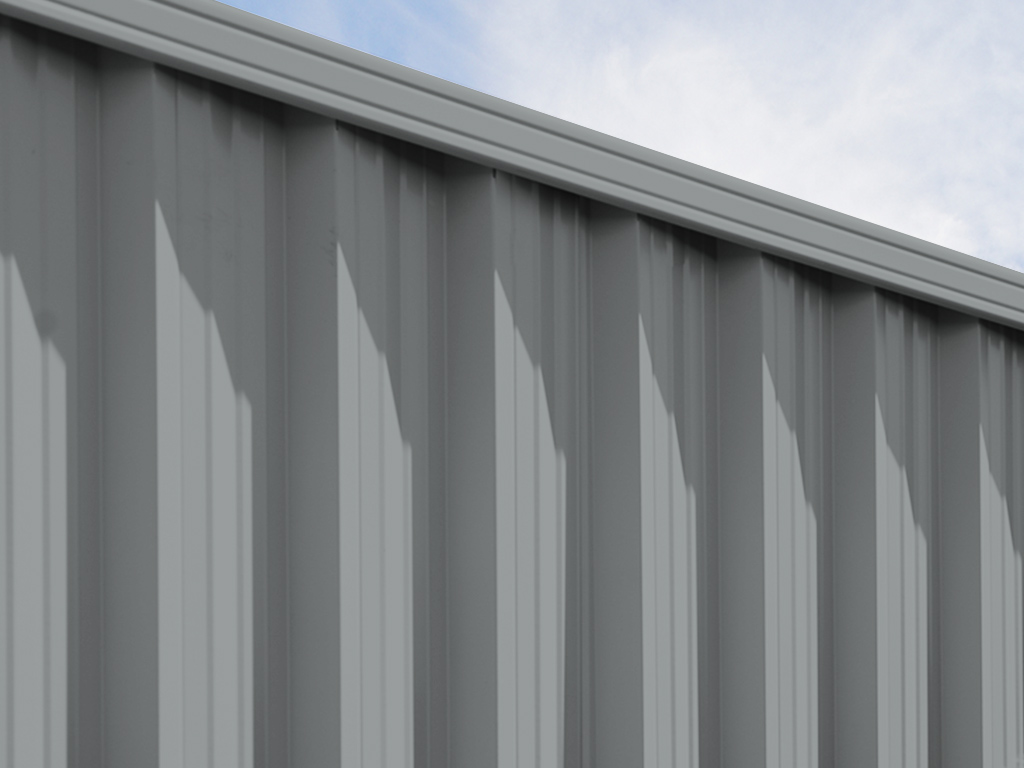The ultimate guide to choosing the right insulation products in Australia
Choosing the right insulation products is important, as a well-insulated interior offers comfort and energy efficiency. Here's how you can find the ideal insulation products.

Why insulate?
Properly insulating an interior has a lot of advantages. Here are six of the most prominent benefits you gain from insulation products in Australia:
- It blocks noise pollution
A well-insulated interior blocks noise pollution, which is especially useful in urban areas where noises are more commonplace.
- It reduces energy bills
Cooling and heating account for around 35-40% of energy use in a typical home. Insulation can significantly reduce these energy costs.
- It promotes comfort
A well-insulated interior is cooler in summer and warmer in winter than uninsulated interiors, offering more comfort in the Australian climate.
- It lessens carbon footprint
Since insulation promotes energy efficiency, the amount of greenhouse gases emitted from well-insulated properties is significantly less. - It increases home value
A comfortable, well-insulated home makes for a higher-value asset than an uninsulated home that lacks the advantages of insulation.
- It is a low-cost investment
The returns of comfort and cost savings that insulation provides over the years are a worthwhile investment for the upfront cost.
Now that you have an idea of why you should consider insulation for your property, let’s take a look at how you can go about choosing the right insulation products in Australia.
Choosing the right insulation products in Australia
These are the considerations you should make to choose the right insulation products for your interior in Australia:
Determine the insulation type
Different insulation types such as fibreglass, polyester, rock wool, and cellulose each have their own advantages and disadvantages. These can range from thermal performance, fire resistance, acoustic properties, and environmental impact.
Gauge your requirements for insulation, conduct research, and decide on an appropriate insulation type.
Consider the R-value
R-value is a measurement that is used to determine the ability of insulation material to resist heat flow. The Building Code of Australia (BCA) has standards for R-value in each region ranging from 1.5 to 7, depending on the climate zone.
Refer to the Building Code of Australia (BCA) or consult with a professional to ensure you are in the clear.
Assess installation methods
Depending on the type of insulation you’re going for and the location of insulation, you will have multiple options for installation, including batts, rolls, loose-fill, or spray foam. Some may require professional installation.
Consider whether you are going for a professional-level installation or a DIY project when choosing options.
Ensure regulatory compliance
All insulation materials sold within Australia need to meet the standards set by AS/NZS 4859.1:2002. Additionally, products with an Australian Standards (AS) mark or a CodeMark certification are also good indications of safety and performance.
Ensure that the material you purchase is of ideal quality by checking if they meet compliance standards.
Weigh price and warranty options
Price considerations are an obvious factor that will come into play when choosing insulation products in Australia. Make sure the products you choose fit the budget and check the warranty provided by the supplier to get the best value for your money.
Compare prices from different suppliers and consider the overall value for money when choosing options.
Seek professional advice
If you are unsure of the type and material for insulation and installation options that will best fit your needs or having trouble finding a reliable supplier, consider consulting a professional to get some guidance on what will work best for you.
A professional can help assess your specific needs, recommend products, and ensure proper installation.
Ensure the best interior insulation with ClickSteel
If you are looking for the best insulation products in Australia for your interior, ClickSteel has you covered.
Our extensive catalogue of insulation products includes:
- Acoustic batts and blankets
- DEKITES
- EAVES filler strips
- Fibreglass building blankets
- Paint and sealants
- Roof vents
- Roof wire and fire material
Leverage the benefits of a well-insulated interior with ClickSteel
Our partner brands
See what our customers say about us
“We love ClickSteel for their wide range of Colorbond steel building products. We chose from a range of colours, and ordered the exact length we needed. As diehard DIY’rs, we know we can order anytime and it will be delivered to our doorstep within 5 days.”

“Before we found ClickSteel we’d have to wait for quotes on “Special Orders” and then more for the delivery. Now with ClickSteel I don’t need to wait. I simply jump online : order custom lengths, and enjoy delivery in 48hours!”
Frequently asked questions
R-value is an indication of how well an insulation product resists heat transfer. The higher the number, the better the resistance.
The ceiling and roof are the most important parts of a home that should be insulated for effective temperature control. However, you can also insulate walls and floors for better results.
When the currently installed insulation is failing to keep the interiors well insulated, you should replace it. It is usually apparent when uncomfortable indoor temperatures and fluctuating temperatures occur, and when power bills go up.

